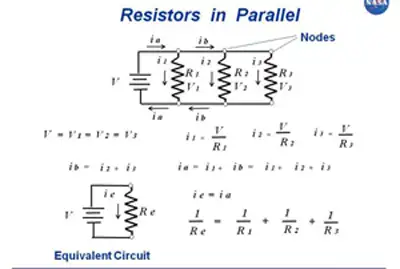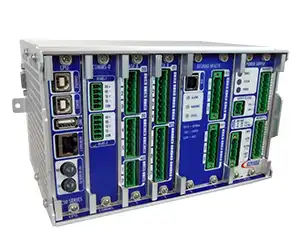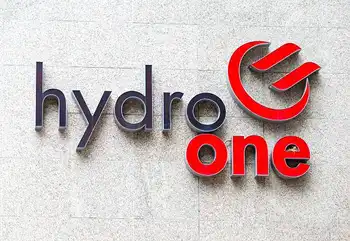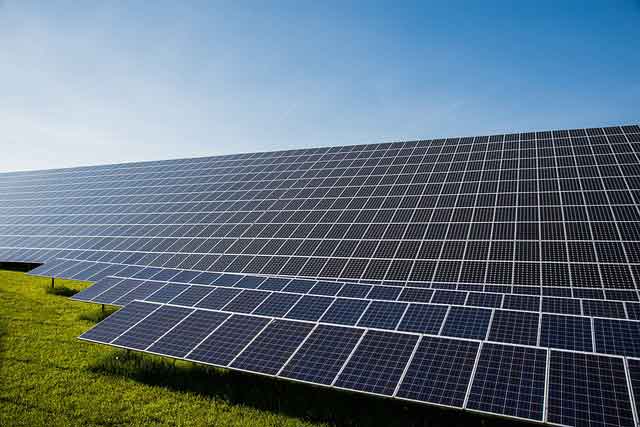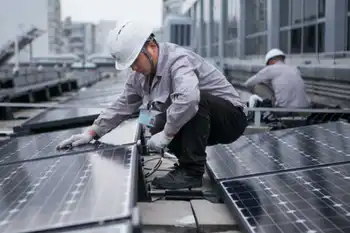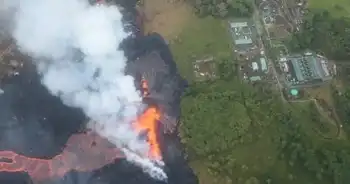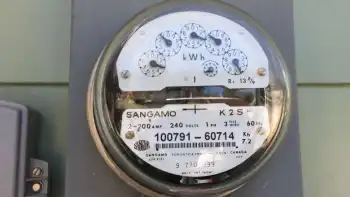Clean energy, energy security highlight ECPA
By Electricity Forum
CSA Z463 Electrical Maintenance
Our customized live online or in‑person group training can be delivered to your staff at your location.

- Live Online
- 6 hours Instructor-led
- Group Training Available
Secretary of Energy Steven Chu announced new projects focused on clean energy cooperation, technical assistance and financing, renewable energy, and electricity infrastructure and earthquake preparedness.
“Dozens of countries from across the Americas have come together to promote clean energy future for our Hemisphere,” said Secretary Chu. “By expanding our cooperation and collaboration on key energy and climate issues, we will lay a foundation for broadbased economic growth while helping to protect our environment.”
Energy ministers and delegations from 32 countries gathered at the InterAmerican Development Bank IDB in Washington, DC for the start of the twoday Energy and Climate Ministerial of the Americas. Energy officials joined with more than 200 businesses and nongovernmental organizations to advance initiatives under ECPA that will help countries across the Hemisphere develop and deploy clean energy technologies and achieve low carbon economic growth.
The projects announced include efforts to advance electricity interconnections in the Caribbean, support biomass development in Colombia, promote earthquakeresistant energy infrastructure, and create an Energy Innovation Center at the IDB to expand project development and financing.
ECPA was launched last year during the Fifth Summit of the Americas, when President Obama and Western Hemisphere leaders committed to expand energy and climate cooperation in the Hemisphere as part of a joint effort to ensure economic growth and prosperity by developing clean energy resources, increasing energy security and reducing energy poverty. ECPA is part an innovative approach to regional partnerships that includes the involvement of the private sector and civil society and aims to maximize each countryÂ’s unique strengths and resources to find new ways to produce and use energy.
Below are summaries of the new initiatives and partnerships that were announced:
• Advancing a Caribbean Electrical Grid Interconnection: In support of a Caribbean Sustainable Energy Working Group, the Department of Energy will provide technical support, including hosting a workshop to begin exploring the potential for a Caribbeanwide transmission system that would provide the region with access to electricity from renewable energy sources. By connecting electricity systems across Caribbean nations, the region can develop economies of scale and larger electricity markets, which can help to facilitate the transition to renewable energy, reduce dependence on imported fossil fuels and make the island economies more secure. During the workshop, DOE technical experts, including specialists from the National Laboratories, will facilitate a discussion on ways to develop policies, regulations and standards to ensure the use of safe, reliable and efficient power.
• Launching an IDB Innovation Center: The Department of Energy and the InterAmerican Development Bank IDB signed an agreement creating an Energy Innovation Center that will allow DOE and IDB to coordinate resources to facilitate regional projects and activities. The Center will serve as a focal point for project development and financing in the region and will be able to access the IDB’s annual energy financing pipeline of approximately $3 billion. The Center will be staffed by both DOE and IDB employees and will include weeklong trips by subject matter specialists to the region to assess potential projects. The IDB Innovation Center is the latest in a series of Regional Clean Energy Centers throughout the Hemisphere, including a Costa Rican Energy Efficiency Training Center, a Wind Center in Mexico, an Energy Efficiency Center in Peru, and a Renewable Energy Center in Chile.
• Developing Biomass Resources in Colombia: Under its Low Carbon Communities of the Americas initiative, the Department of Energy announced a project titled “Forming a Research, Development and Innovation Hub with Expertise in the Sustainable Energy Use of the Biomass in Colombia.” The project will partner DOE and National Laboratory experts with scientists and technology experts in Colombia that are involved in ongoing research on sugarcane, palm oil and petroleum to help identify, evaluate and promote technologies for sustainable biomass use in Colombia. The project, which is being developed by the government of Colombia and supported by DOE, is focusing on developing a technological plan for power generation through heating sugarcane and palm residues at very high temperatures. This combined heat and power process will be able to be used for high efficiency gasfired engines or gas turbines.
• Hosting an Earthquake Preparedness Workshop: In response to recent earthquakes in Haiti, Chile and Mexico that highlighted vulnerabilities to energy infrastructure, the Department of Energy announced that it will host an earthquake preparedness workshop, bringing together leaders in the region to hear from experts, including U.S. National Laboratories, on hazard characterization, riskinformed structural seismic design standards, advanced simulation capabilities for both ground motion estimation and structural response. DOE’s effort will build on a U.S. Trade and Development Agency USTDA initiative focused on the deployment of suitable communications and monitoring system technologies for earth.
• Affirming Commitment to Clean Energy Cooperation: The Department of Energy and Argentina’s Ministry for Federal Planning, Public Investment, and Services signed a Memorandum of Understanding that promotes cooperation between the Department of Energy and the Argentine Energy Secretariat on clean energy technologies. The new Binational Energy Working Group is developing additional areas for cooperation.






